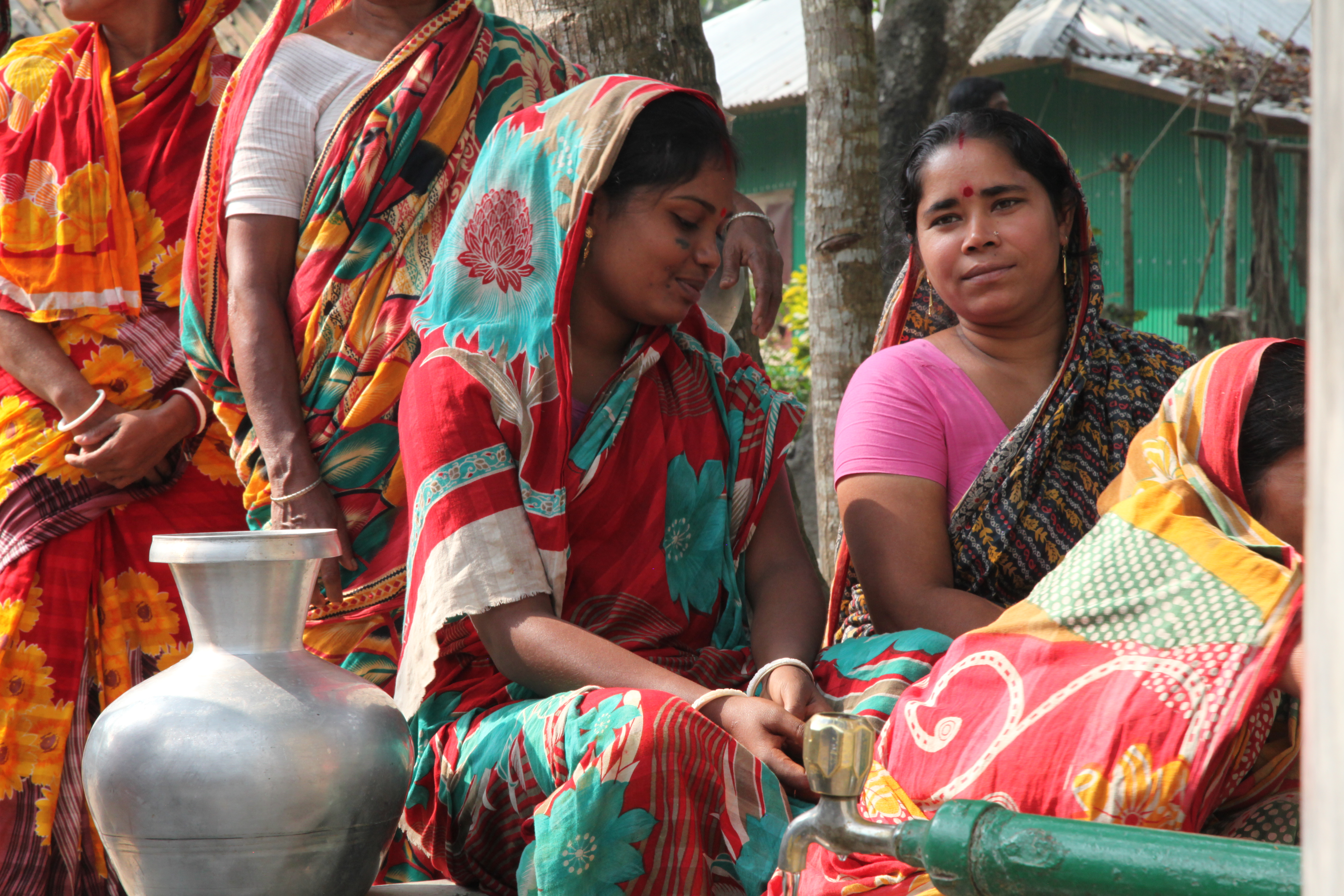Between October 2017 – March 2018, a study was conducted on national accountability mechanisms for the implementation of Sustainable Development Goal (SDG) 6. This research was led by partners and members of organisations including Coalition Eau, End Water Poverty, Watershed Empowering Citizens Consortium, the Water Supply and Sanitation Collaborative Council (WSSCC) with the support of Sanitation and Water for All (SWA).
The study results are based on more than 1,000 survey responses, interviews and validation meetings with stakeholders working on water resources, drinking water and sanitation in 25 countries. Stakeholders included governments (national and decentralised), civil society organisations (CSOs), non-governmental organisations, development partners, UN agencies, research and education institutions, and think tanks. The representation of the private sector and trades unions in the study is limited.
The study evaluated the nature of existing national accountability mechanisms as well as the challenges and opportunities, identified gaps and made specific recommendations to different stakeholders to reach SDG6.

The process and the results of the study aims to strengthen, in particular, the capacity of CSOs to advocate for improved accountability mechanisms. The report calls for civil society’s involvement in the decision-making processes and follow-up actions around progress towards SDG6.
Such involvement would mark the start of deeper and much-needed in-country conversations between all stakeholders mentioned in this report.
While there are positive examples of good accountability mechanisms at the national level, unfortunately the study found that in a number of low and middle-income countries, weak national accountability mechanisms were found.
“We might be tempted to believe that accountability is a question of fashion. But far from it. It’s important for us as CSOs to focus on accountability because without control, without the existence of reporting, our public policies are destined to fail.” – Roukiattou Ouedraogo, Communications and Advocacy Officer, SPONG
At the international level, the study aims to inform the UN High Level Political Forum (HLPF), taking place 9-18 July 2018 in New York, of the development of accountability mechanisms that exist around the world. The timing is opportune, as the HLPF will conduct an in-depth review of progress toward SDG6.
End Water Poverty and its partners will continue to use the study’s findings to gain a better insight into existing accountability mechanisms—particularly at country level—and into how these mechanisms operate by assessing their opportunities and limitations. The main aim being, the advancement of effective accountability between national actors on sector progress towards the water and sanitation targets of SDG6.
The study sponsors and participants encourage wide sharing and use of the findings, and welcome feedback.
Download the executive summary of the study in English, French and Spanish. The full report will be published shortly in all three languages.
For more information please contact End Water Poverty’s Engagement Officer.